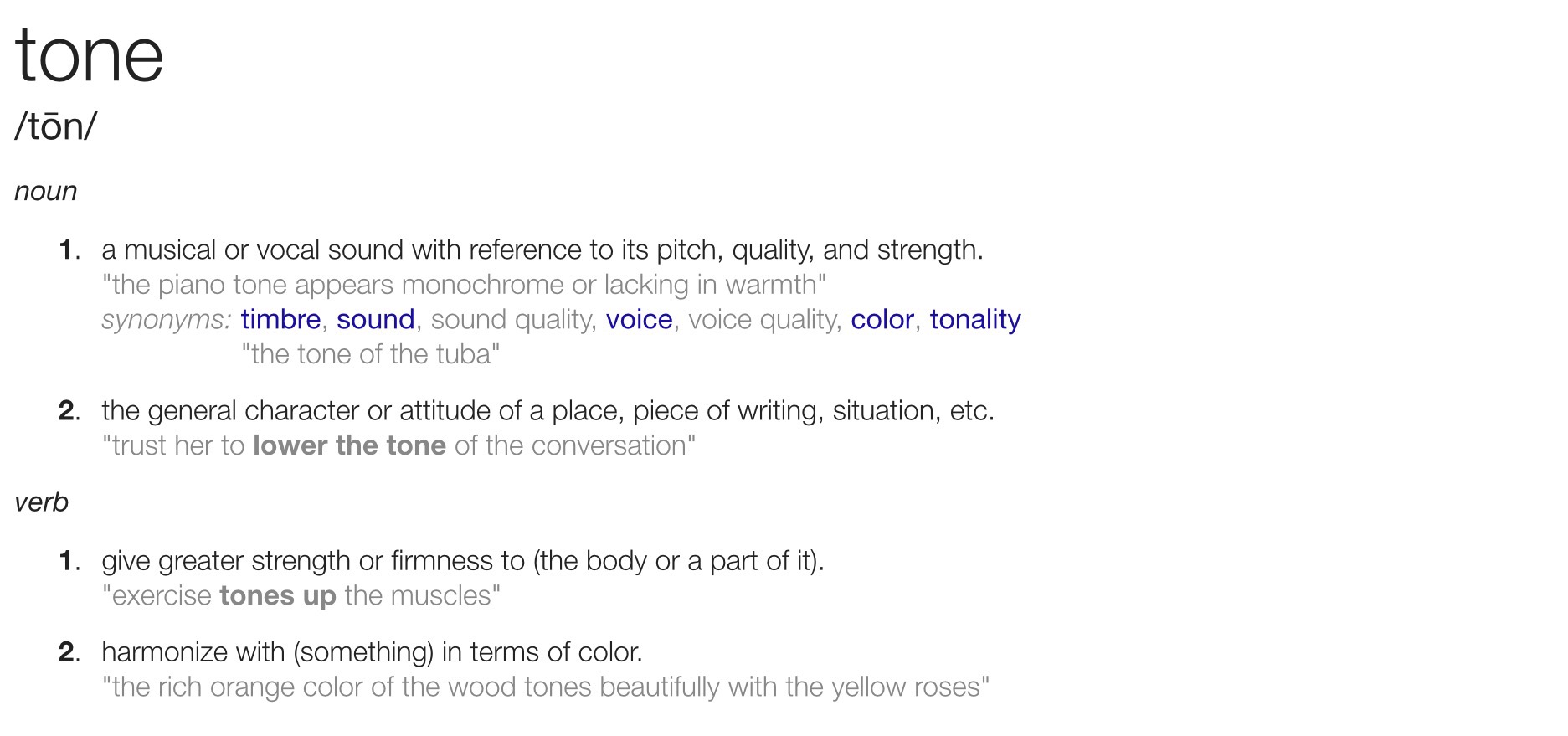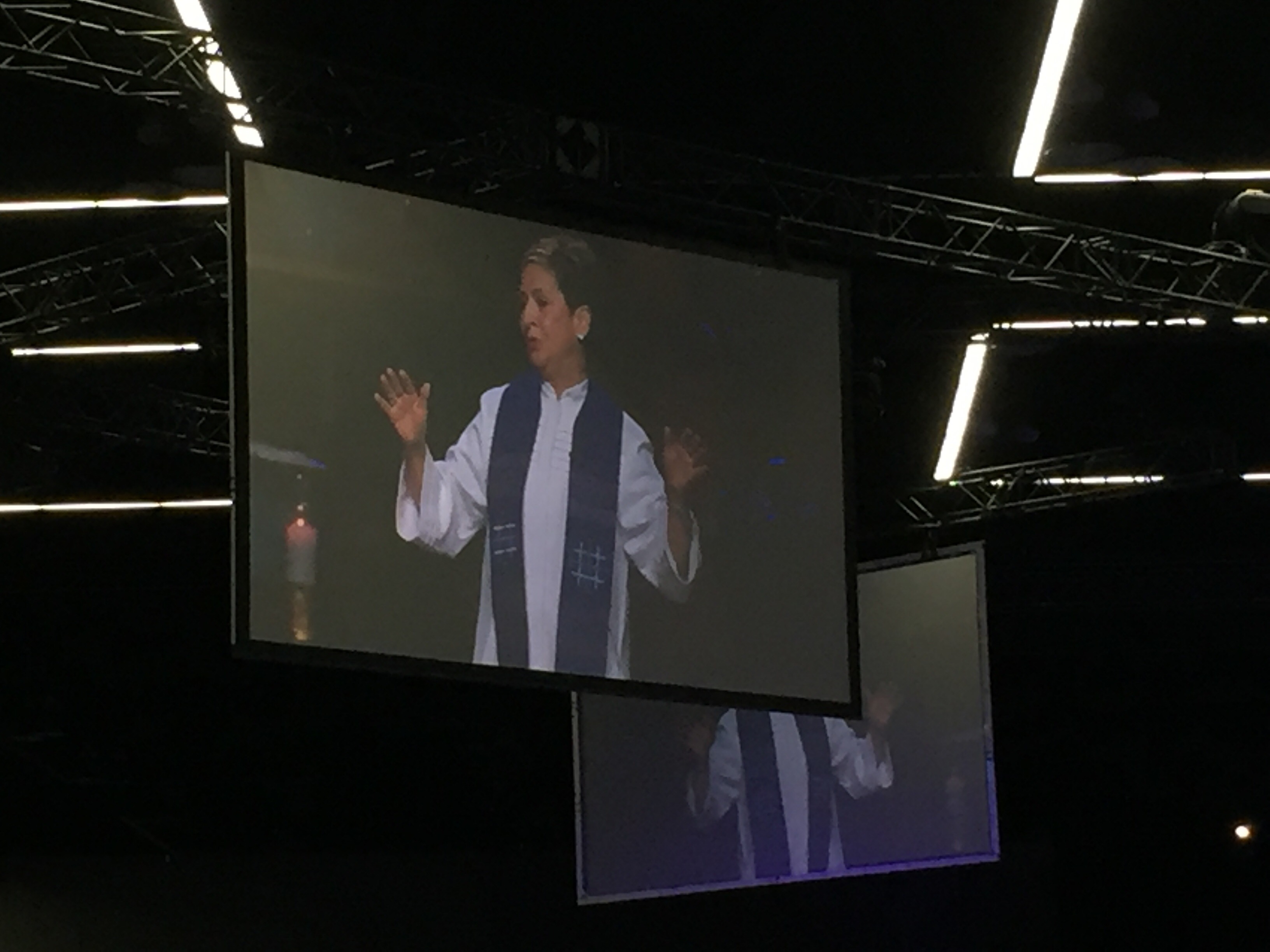
The Parable of the Good ______________.
Chapter ten of Luke begins with disciples, not twelve but 70, maybe 72, being sent out two by two to enact, rehearse, make known, God’s kingdom. Healings, and freeing from evil Spirits, hospitality, and the acceptance of it, knowing when to stay and knowing when to move on.
The effects of this are electric!! The disciples return pumped up, excited, transformed!
But just like in our lives and our day, there is always one who refuses to celebrate, the glass half-empty, the pessimist, the cranky . . . the one that wants to change the subject.
In this case, it was a teacher of the law, a lawyer, an expert in the meaning and application of Old Testament law.
What must I do to inherit life eternal (the ability to live/act/behave in ways that reflect the quality of God’s life/the characteristics of God today)?
Again Jesus is talking to one who would normally be the one that we would go to in order for this question to be answered.
What is written in the Law? What’s your take on it,? You’re the expert!
“You shall love—“love the Eternal One your God with everything you have: all your heart, all your soul, all your strength, and all your mind”d—and “love your neighbor as yourself.”
Luke 10:27 (The Voice Bible)
Yes, you are right, Do this and live! Do this habitually — as the Amplified Bible tells us — and live. Make it a natural response, like breathing, walking, and loving response to those that are closest to you.
We hear this story and finds ourselves at the edge of our seats. We too want to know, we too want to make sure that we are doing the right things.
So . . . one more thing Jesus, I just want to make sure that I understand, I want to make sure that I have not missed anything.
The scripture tells us that this religious one, this expert, this anal retentive keeper of the scriptural law, wanted to “justify, vindicate, himself,” He wanted to make himself feel better, he’s doing enough, right? I’m good, I’m ok, I have met the minimum requirements.
Who’s my neighbor? What do you think it means? Again, I just want to make sure.
The Greek word for “neighbor“ that the Gospel writer chooses is the word “plesíon” whose roots are in the concept of proximity, near to, side by side.
πλησίον – near one/neighbor/prójimo
Who is my “plesíon?” who is this “near one?” Is this a geographical context? (especially in an era where we live next to those most like us)
So Jesus tells him a story:
This fellow was traveling down from Jerusalem to Jericho when some robbers mugged him. They took his clothes, beat him to a pulp, and left him naked and bleeding and in critical condition. By chance, a priest was going down that same road, and when he saw the wounded man, he crossed over to the other side and passed by. Then a Levite who was on his way to assist in the temple also came and saw the victim lying there, and he too kept his distance. Then a despised Samaritan journeyed by. When he saw the fellow, he felt compassion for him. The Samaritan went over to him, stopped the bleeding, applied some first aid, and put the poor fellow on his donkey. He brought the man to an inn and cared for him through the night.
The next day, the Samaritan took out some money—two days’ wages to be exact—and paid the innkeeper, saying, “Please take care of this fellow, and if this isn’t enough, I’ll repay you next time I pass through.”
Luke 10:30-35 (The Voice)
Samaritans and Jews were mortal enemies. Both staked a claim at the right belief, the right worship, and the right way of thinking. Both saw the other as unfaithful, unclean, and unworthy. In this story the ones most likely to help: the local church pastor & the seminary professor, both kept their distance. Were not interested in getting “near,” not interested in being neighbor.
The despised one though . . . made the decision to come near, to get next to, to get involved in the messiness of his situation — did you hear it? — stopped the bleeding (got this despised one’s blood on him), lifted him up (coming face to face, skin to skin, body to body), and placed him on his mode of transportation, now having to walk alongside (sacrificing his ease), spent the night caring for him (little sleep, much mess), and finally this despised one used his financial resources to care for his enemy.
We know it as the “The Good Samaritan,” but maybe as scholar Amy-Jill Levine tells us we should probably call it: The Parable of the Good (insert name of your enemy here/of your despised one here).
For Dr. Levine, as a Jewish scholar it would be, she says, “The Parable of the Good Hamas Member,” For me, and I am not proud to say it, it would be the “Parable of the Good Christian Fundamentalist.”
Dr. King, in his sermon “I See the Promised Land,” refers to this parable saying:
“And so the first question that the Levite asked was, “If I stop to help this man, what will happen to me?” But then the Good Samaritan came by. And he reversed the question: “If I do not stop to help this man, what will happen to him?”
A Missioned People — Conviction Meets Hope
This is my fourth State of the Church address. Each time I’ve stood before you deeply convicted. Convicted about my own need for God, forgiveness, and grace. Convicted about the ways that my own fears, anxieties, and struggles are keeping me from leading you into the fruitful work of God’s kingdom. Convicted of my need to surrender and begin again.
This year is no different. But this past year I have been more deeply shaped in the coming together of conviction and hope.
See about this same time last year I was approached by one of my colleagues to join him in writing a book called The Marks of Hope. It is a series of reflections by three of us on how congregations can become beacons of hope in the midst of all the divisions happening in our culture, country, and church.
In Spanish, my native language, hope is esperanza, translated literally it means “the state of waiting.” Writing about hope awakened me to how pivotal our role is as the Body of Christ — as bearers of the love of God, self, and neighbor. As a people who see neighbor in all who they encounter. A people who “choose” to make neighbor out of despised ones and who choose to allow despised ones to make neighbors out of us!
I’ve been reminded that when we become a people committed to living the way of Jesus, committed to doing what Jesus does, and being Jesus in the world — loving God, self, and neighbor — we must ask a different set of questions, questions that inspire us to live into the challenge of being the good Samaritan and the Jewish person who received the samaritan’s help:
What is the end towards which we are living our lives?
What is the common good?
What is the purpose for why we live life?
What are the habits and dispositions the allow us to live this kind of purpose?
This way of life is difficult and challenging. It constantly calls us to transformation, and to recognize the complexity in simplicity.
Theologian Justo Gonzalez speaking about this parable tells us:
“Quite often, what the Lord requires is clear; but the cost is also clear, and so we ask more and more questions.”
From the color of the carpet to political affiliation, from modes of baptism, to who is welcomed, we ask because it is easier to continue asking questions than to do what Jesus calls us to do. It is a helpful delay tactic that many of us learn as children.
One of my favorite conversation partners, Gregory Boyle tells us in his book, Barking to the Choir: The Power of Radical Kinship:
That pure, simple, loving outlook is why we, the Choir, are drawn to the original program. It’s not a liberal or conservative view; it is a holy, radical take, precisely because it takes seriously what Jesus took seriously: inclusion, nonviolence, unconditionally compassionate loving-kindness, and acceptance. The Choir finds itself drawn like moths to the flame of its authenticity. What we discover when we embrace it is that true spirituality ought not end in the privacy of our soul but in real kinship with the poor. If we can find ourselves in this salvific relationship to those on the margins, we see as never before and it becomes our passageway. (p 155)
Living the way of Jesus – loving God, self, and neighbor leads us to live a life of kinship. As we live into kinship we find life, good life, abundant life, real life.
Our founder John Wesley called us to three practices that we might call practices of the Way — practices of kinship:
Do No Harm
Do Good
Stay in Love with God
Our faith, like our God, should be incarnational. Should always press us to look around and find the places where the Holy Spirit is already at work, the places where Jesus is visiting, the places where Good News are needed. Where salvation is to be found and where salvation is desperately required.
A congregation committed to this way, committed to the way of Jesus, to the way of peace, completion, wholeness, salvation, in the midst of the mess of life. A congregation where we at each moment remind ourselves and the world of what a wise nun told me this summer: NO judgment, just GRACE! For yourself, for your neighbor, for all that you encounter.
We are that community! And I believe that there are many in our city and region that are looking for this kind of community. A community that refuses to participate in the evils of exclusion, hatred, bigotry, and any of the -isms that so often describe our experience in our day to day life.
As Dr. Martin Luther King Jr. told us “He who passively accepts evil is as much involved in it as he who helps to perpetrate it. He who accepts evil without protesting against it is really cooperating with it.”
We becoming a place that models what love for ALL people looks like. We becoming a place of empowerment, challenge, and growth. We becoming a hub for movements that seek the common good, that connects neighbors, and that reminds all of our duty to be agents of love, compassion, and justice.
- We hosting conversations about the difficult topics of the day.
- We worshiping in ways that open up our imaginations to God’s ways.
- We shaping a new generation of people in the way of Jesus.
- We advocating for the people that Jesus advocated for.
- We sowing seeds in the neighborhoods across our city for peace, healing, and justice — seeds of God’s kingdom.
- We becoming a movement ourselves. Our weekly gathering merely a stop along the way to be fueled, reminded and empowered by the Holy Spirit. A place to struggle, grow and find meaning.
- We not afraid, we leaning on our unique call and loudly proclaiming – no judgment, just grace – do this and live!!! Unapologetically and courageously!!
________________
Part 3 coming tomorrow!



 Introduction
Introduction




